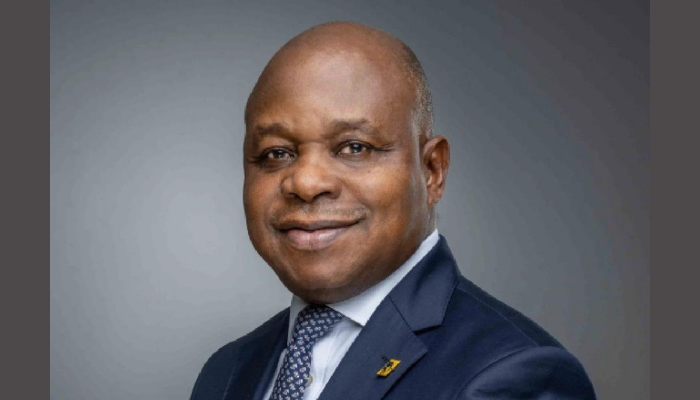- NNPC Insists on December Deadline to End Petrol Import
The Nigerian National Petroleum Corporation (NNPC) has indicated it will meet up with the December 2019 deadline proposed by the federal government to end the importation of refined petrol into Nigeria.
The development is expected to pave way for the refineries in Port Harcourt, Warri and Kaduna, to produce most of the petrol consumed in the domestic economy.
In 2018, the Minister of State for Petroleum Resources, Dr. Ibe Kachikwu, had disclosed Nigeria would exit importation of petrol and totally depend on its own refined petrol.
The minister had then stated that a steering committee headed by him and others had been constituted to fine-tune the process.
But in a September 2018 operations and financial report of the NNPC obtained recently in Abuja, the corporation explained it would abide by the deadline, and was making progress on the plan.
“NNPC is intensifying efforts towards the rehabilitation of the refineries to meet December, 2019 target of ending fuel importation,” the report stated about plan to meet the target.
Nigeria’s expenditure on petrol importation has continued to grow with the Group Managing Director of NNPC, Dr. Maikanti Baru, recently disclosing that the total amount of under-recovery – a term now used by the corporation to describe the financial amount of subsidy the federal government absorbs for keeping the pump price of petrol at N145 per litre, was N25 per litre.
This figure when calculated against the three billion litres of petrol the corporation recently imported suggested Nigeria may have recorded about N75 billion under-recovery in this regards.
Furthermore, if calculated on the basis of 60 days which the NNPC said the three billion litres would last Nigeria, and which amounted to 50 million litres consumption per day, then the corporation may be recording an under-recovery of N1.250 billion daily to keep petrol pump price at government regulated price of N145 per litre.
Meanwhile, the NNPC report also indicated that within the period under consideration, up to 628,000 barrels of oil was lost to shutdown of pipeline and export terminals.
It explained: “The Trans Escravos Pipeline (TEP) was shut down for seven days from 3rd to 10th August 2018 due to observed leaks at the Otumara axis with production loss of 30,000 barrels per day (bpd).
“Also the Otumara flow station was shut down for 10 days from 18th – 27th August 2018 for maintenance works with production shut-in of 34,000bpd.
“The TRP (Brass Creek / Trans Ramos Pipeline) was shut down since 24th April 2018 due to leaks in a creek crossing in the Odimodi area with the loss of approximately 35,000bpd of production into Forcados Terminal. The line remains shut all through the month of August and to date.”
It further stated: “OYO Terminal: Due (to) technical issues with the only producing well, this terminal was shut down in the whole of August from 16th August 2018 and to date. The production shut-in was 5,000bpd.
“The Agbami, Brass and Qua Iboe terminals were all shut down for one day each in August 2018 for maintenance, plant trip and power issues respectively leading to production cut of 23,000bpd, 10,000bpd and 45,000bpd respectively.”


 Naira3 weeks ago
Naira3 weeks ago
 Naira3 weeks ago
Naira3 weeks ago


 Naira4 weeks ago
Naira4 weeks ago




 Naira2 weeks ago
Naira2 weeks ago
 Commodities4 weeks ago
Commodities4 weeks ago


 Sport Business4 weeks ago
Sport Business4 weeks ago


 News3 weeks ago
News3 weeks ago


 Banking Sector4 weeks ago
Banking Sector4 weeks ago

















